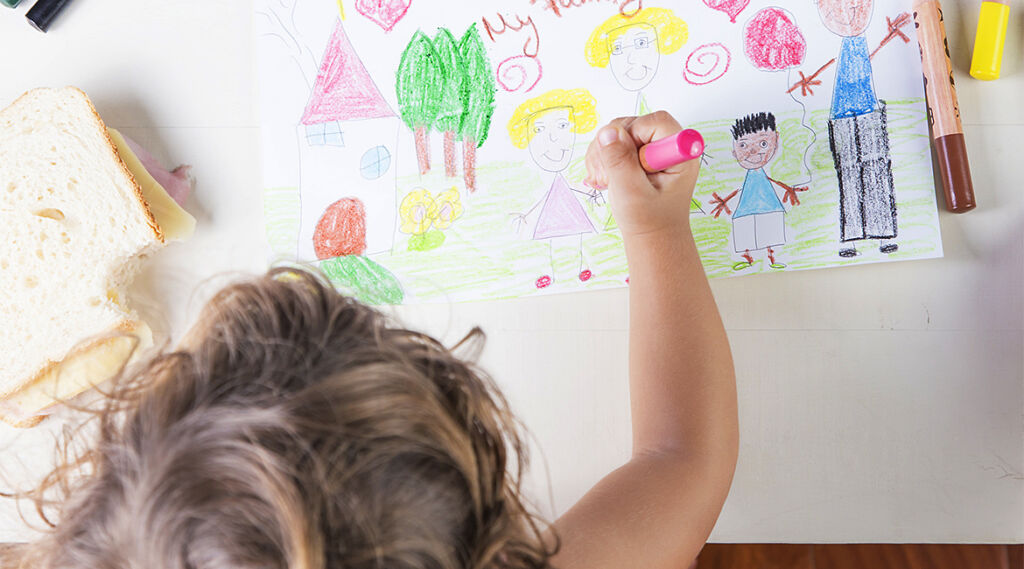When it comes to parenting there’s no one-size-fits-all approach but there is a whole slew of different labels! Gentle parent, attachment parent, helicopter parent, tiger mum (are there not tiger dads!?) and so on. Labels aren’t always helpful, but some insight into what they represent might be, so what about ‘positive parenting’? What is it? Why is it beneficial? And how do you do it?
What is it?
Positive parenting is an approach to raising kids that focuses on..you guessed it…the positives! This approach to parenting ensures that parents deliberately focus on their children’s strengths rather than focusing on trying to “discipline them” or correct their weaknesses.
Austrian psychologist Alfred Alder suggested that children need to feel connected to those around them, which theorists such as John Bowlby and Mary Ainsworth developed further into Attachment Theory. All of this work came together to teach us that children need positive, loving and responsive adults in their lives. When children have these relationships, they thrive and are able to develop good social relationships with others. Difficult behaviour may also be less likely as the child’s emotional needs are being met and they are secure in asking for what they need from adults.
Why is it beneficial?
Positive parenting has lots of positive outcomes for children, including improving their social and emotional development. When children operate from a secure, loving base and have a positive self-image they are less likely to display disruptive or difficult behaviour, including aggression, attention difficulties, or hyperactivity. This secure base improves children’s abilities to tolerate stress, and it’s physical and emotional effects, leading to better mental health further down the line.

Internationally, many curricula designed for the early years of childhood recognize the importance of children feeling secure and having positive dispositions to learning because these are things that positively influence developmental outcomes. Children who are happy and secure meet developmental milestones more often than those who are not, this is true across different areas of development. These children also have a better chance of higher educational achievement as they grow older.
How do you do it?
This approach isn’t all or nothing, after all, it’s pretty much impossible to be 100% positive, 100% of the time, but anything that parents do to move towards a more positive approach to parenting will have benefits.
As humans, we do have what’s called a “Negativity bias” meaning that we are more easily able to see what is wrong than what is right. This is true throughout different areas of our lives but often shows up most negatively in our relationships with our partners and children. This is a natural, evolutionary trait designed to help keep ourselves and other members of our tribe safe, in practice this can mean that we “nag” “nit-pick” or try to “fix” our children and partners.
Positive parenting approaches vary, but the central idea is that we need to encourage more positive interactions by creating an emotional environment that encourages good behaviour and happy feelings. Parents might reward and reinforce good behaviour more than they sanction bad behaviours. One way to do this is to consider children’s behaviour from their point of view and think about what they might be feeling and experiencing. When we consider how we would respond to an adult, perhaps a colleague, crying and shouting at us to “go away!” for example most of us would be concerned for our colleague’s emotional wellbeing and would offer them some space or some comfort, but when it comes to children, we are quick to shout back, invade their space or punish them.
We can also focus on and praise good behaviour, even small things like how nicely our child has got into the car, when they have said please or thank you, or when they have walked sensibly to school.
Parental stress also plays a role in the ability to parent positively, and children are much more sensitive to parental stress than many of us realize. So, it’s important that parents take the time to manage their own well-being and emotions, as much as that is possible. It’s hard to parent positively when you feel stressed out yourself, so it’s important to take care of yourself as well as your kids!



